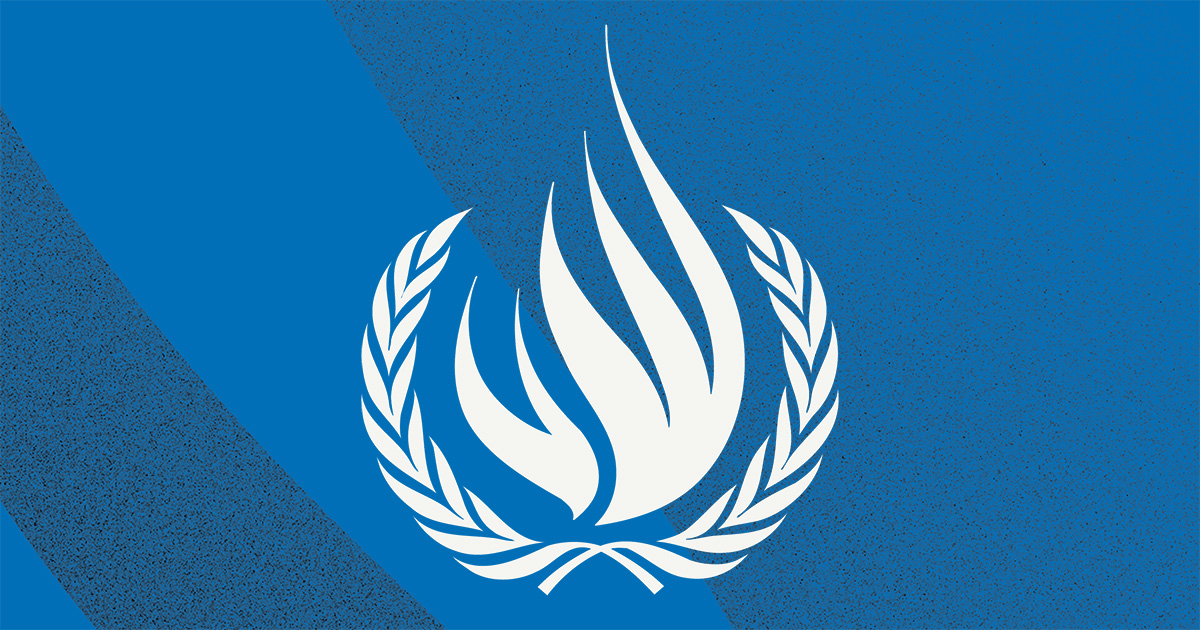
“Toxic cultural practices” and a lack of culturally sensitive services means many women who are victims of domestic and sexual abuse in the Sikh community are suffering in silence, according to the first comprehensive report into the issue.
The report by Sikh Women’s Aid (SWA), the UK’s only frontline service for Sikh women, will be released later this week to coincide with the launch of the United Nations’ women’s annual 16 days of activism against gender-based violence. It creates a harrowing picture of the prevalence and effect of domestic abuse and child sexual abuse in the Sikh community.
The research was carried out over a four-month period over the summer, during which time SWA distributed anonymous surveys within the community across the UK.
Researchers received replies from almost 700 respondents, and, of those, 70% said they had experienced domestic abuse, nearly half had experienced incidents with more than one perpetrator, including female members of their family. Over a third of respondents said that they had experienced child sexual abuse, and of these incidents, one in seven involved more than one perpetrator. Most victims knew their abuser, and nearly half of the incidents of abuse took place at home.
Gender equality is one of the core beliefs of the Sikh faith, but, says the SWA, patriarchal societal practices stemming from cultural traditions, such as concepts of honour, mean that many survivors are afraid to speak out.
Awareness of these issues is growing, however, following several high-profile cases, including the murder of 43-year-old Ranjit Gill from Milton Keynes earlier this year. She was stabbed 18 times by her “dominating and bullying” husband Anil Gill in an alcohol and cocaine-fuelled attack.
While domestic and sexual abuse affect all ethnicities, cultures and backgrounds, the founders of Sikh Women’s Aid and authors of the report, Sahdaish Pall and Sukhvinder Kaur, said that a lack of specialist support that met the needs of women in the Sikh community was creating “a generation of young women who are completely lost”.
The findings of the report will be used by SWA to create services tailored to the specific needs and cultural nuances that victims of abuse within the Sikh Panjabi community face.
“Out of all the South Asian communities, Sikh women are the least likely to come forward about abuse. We come across as a very affluent, educated and giving community, and that reputation makes it very difficult for Sikh women to come forward,” said Pall.
“There are issues specific to our culture, like the link between alcohol and domestic and sexual violence. We have a huge drinking culture among men, and the amounts people consume exacerbate issues.”
“There is also a lack of education around things like coercive control. The parental generation’s view is if you haven’t been beaten up, that’s not abuse. There’s often an intergenerational and toxic normalisation and acceptance of violence against women.”
The taboo around discussing sexual abuse is particularly widespread, and issues such as victim-shaming and cultural concepts of honour and shame, which have no basis in religious teachings, are often weaponised against victims to ensure their silence.
Nimrit*, 39, from London, who was abused by her uncle between the ages of eight and 13, said that her family’s fear of not finding a good husband for her meant she had to stay silent about her abuse.
“From the outside, we looked like the perfect family, but behind closed doors was another story. My uncle was a pillar of the community who was active in the gurdwara [Sikh place of worship]. He would come and stay at our house and during those visits, he would abuse me,” she said.
“Eventually, I told my cousin and made her promise not to tell anyone, but she told her mum who told my mum. My mum slapped my face and began sobbing and saying ‘who will marry you now?’ She said if I wasn’t a virgin, I would have to get married straight away, so I lied and said he only touched me. We had to keep it a secret from my dad because it was her brother, and to this day he hasn’t a clue. It kills me when I hear him saying nice things about my uncle.
She continued: “I had to keep it a secret to protect the family but secrets like that eat you up inside. A guy from uni once tapped my shoulder to get my attention and I screamed in his face.
“I had an arranged marriage and the physical side of the relationship was hard as I got flashbacks but I couldn’t tell my husband about my past so I just shut down. I’m just trying to live a normal life.
“There is more awareness about these issues in the community now compared to when I was a kid but people need to speak out without being punished for it or the abuse won’t stop.”
Sexual abuse in the Sikh community is “almost like the perfect crime” according to Sukhvinder Kaur because the likelihood of someone being prosecuted is so low. “Not only is there a lack of convictions but the community is geared towards protecting the reputation of perpetrators,” she said.
One of the most sensitive issues the report tackles is grooming. The report found that the widely held perception within the community that the majority of victims of sexual abuse were exploited by non-Sikh grooming gangs is false. This finding in particular has led to a backlash against the report’s authors.
“There is more abuse taking place where the perpetrator is known to the victim and the family. Our community is in denial about that,” said Kaur.
Dame Vera Baird, the victims’ commissioner for England and Wales, who will be at the official launch of the report later this week, said that it highlighted the need for “culturally appropriate support organisations for black, Asian and other minority women who are neglected by the criminal justice system and in the provision of specialist support”.
“I welcome this report although it is hard to [do that] when it shows that there is rampant hidden violence against women and girls in the Sikh community,” she said.
Former chief prosecutor, Nazir Afzal added: “It’s a testament to the courage of SWA that we have this report at all, given the hostility they have faced. Nothing in this report should surprise anyone involved in safeguarding.
“Any strategy that focuses on what men ‘should do’ rather than [on] male violence will always fail. Any successful response will involve addressing male power while simultaneously supporting victims.”












